International actors’ absence from the rebuilding effort leaves IDPs with nowhere to turn but the Party of God
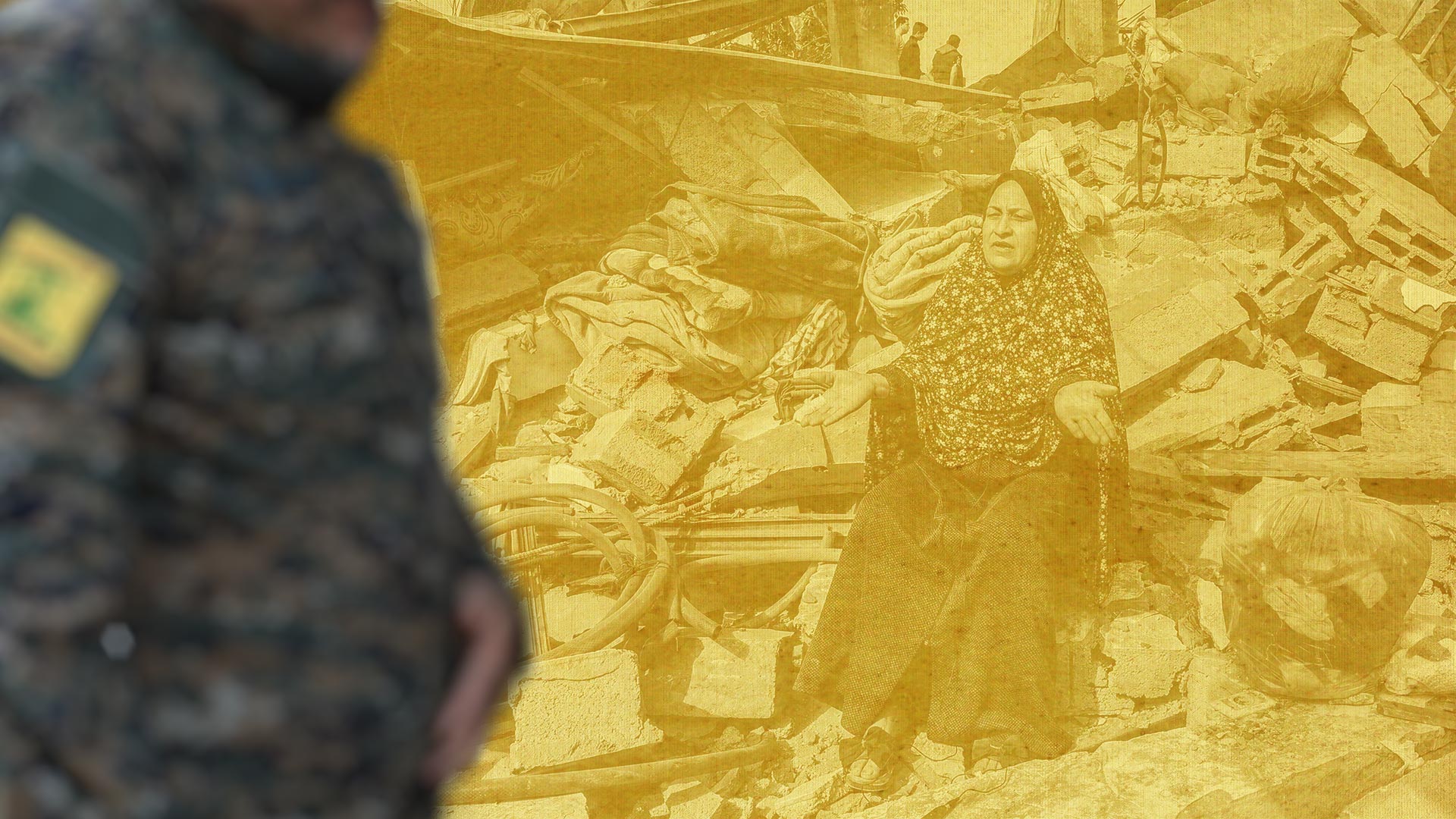

International actors’ absence from the rebuilding effort leaves IDPs with nowhere to turn but the Party of God

Tech solutions risk worsening inequities at public schools
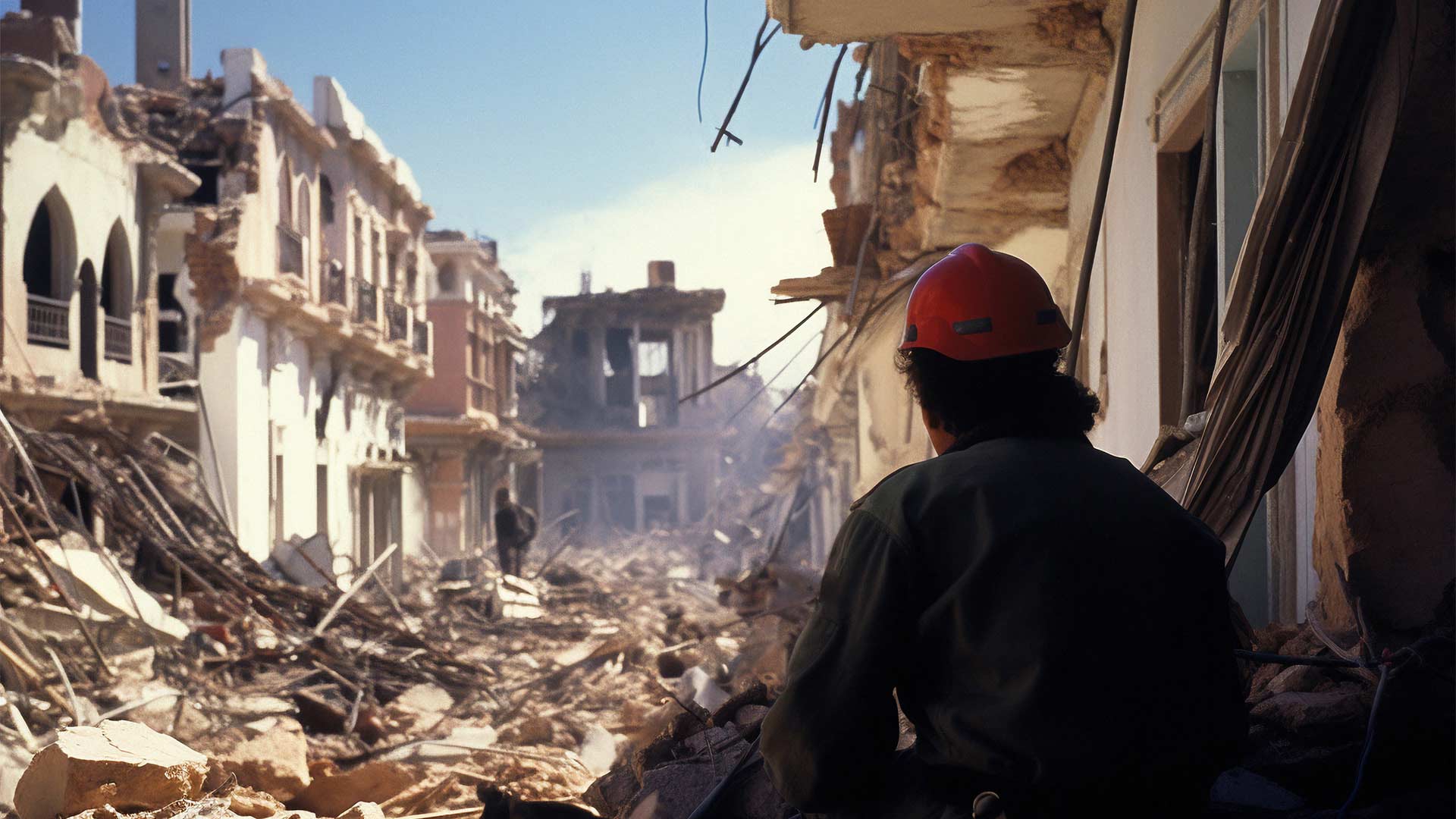
How homes for the displaced can lay the foundation for a more affordable, equitable, and resilient housing system

How the war impacted Lebanon’s food supply chain and how to fix it
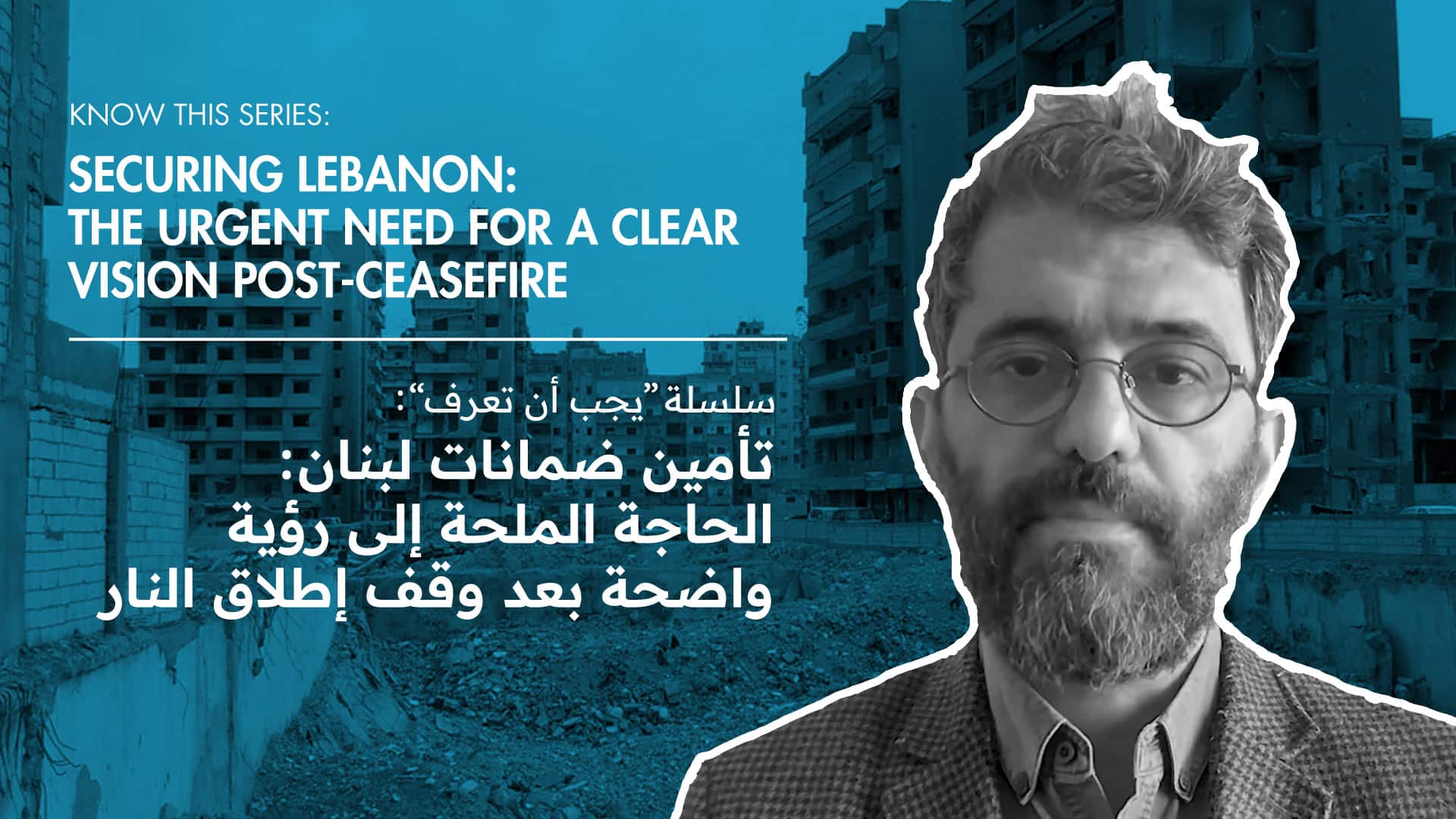
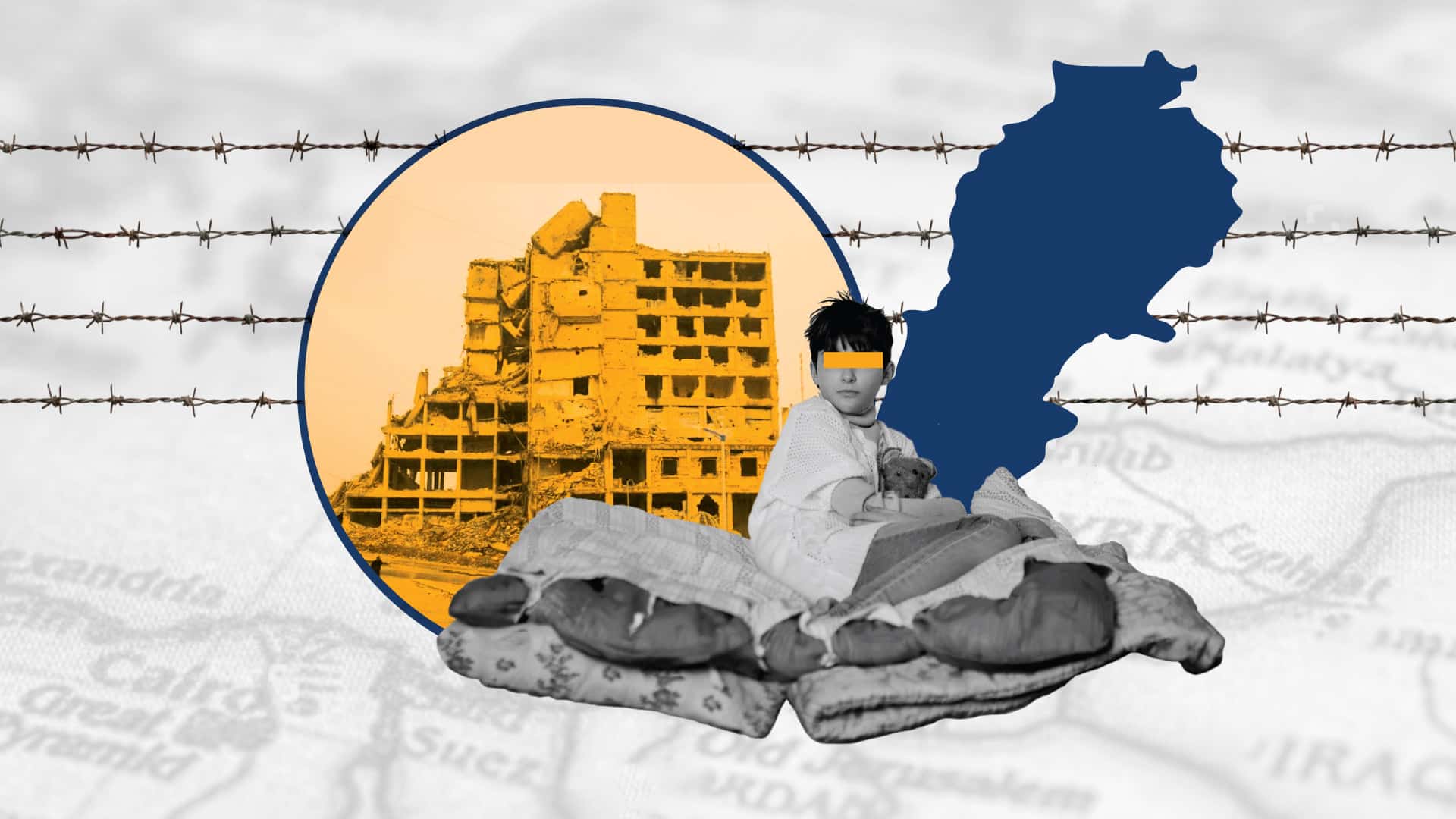
As the tide of war subsides, Lebanon needs a rights-based solution to govern the Syrian refugee crisis

Far-right in both Israel and the Netherlands leverage Amsterdam football violence
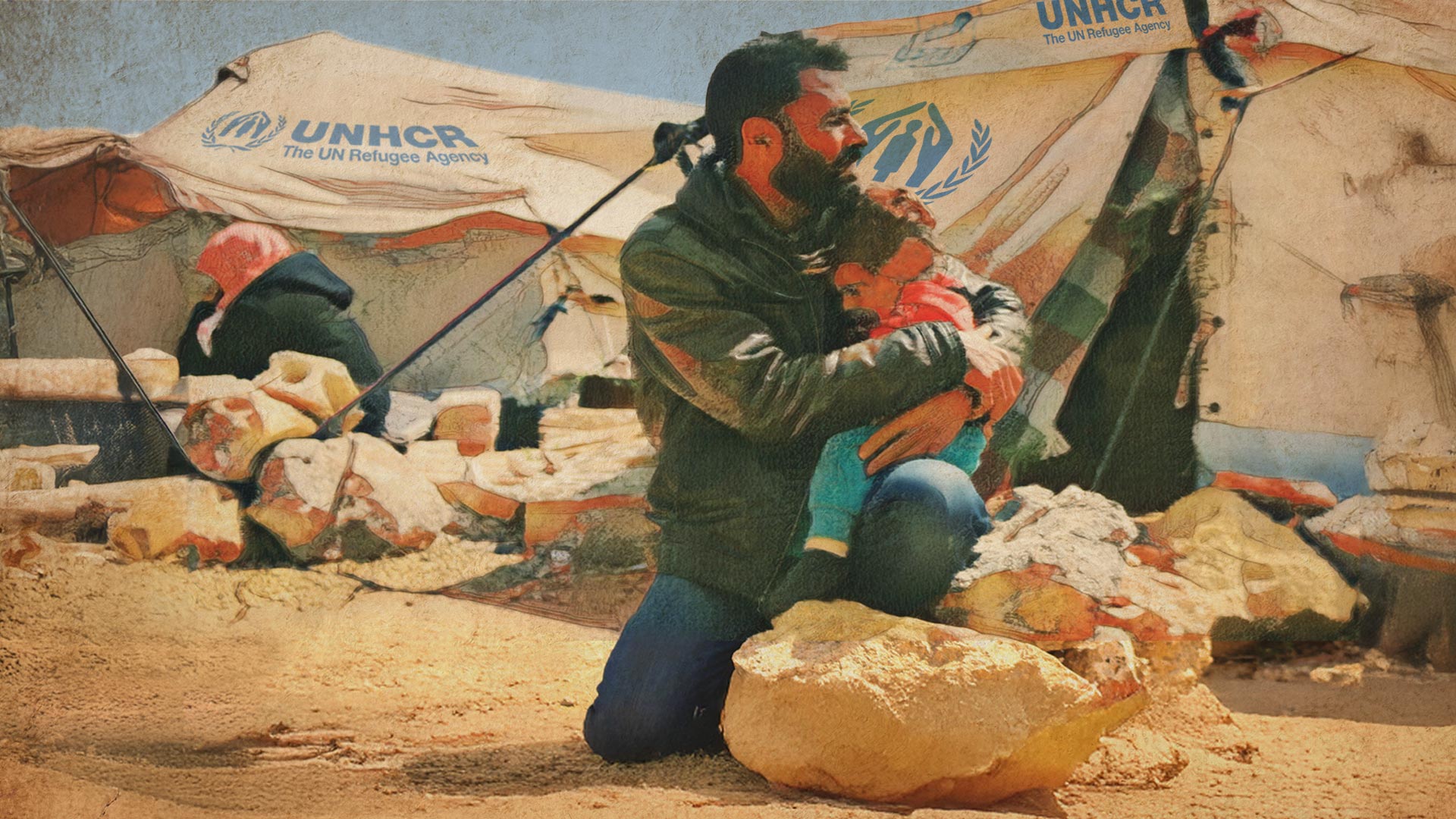
Lebanese politicians still blame their failures on marginalised refugees

The international community’s indifference to this attack has only emboldens Israel’s campaign on media workers
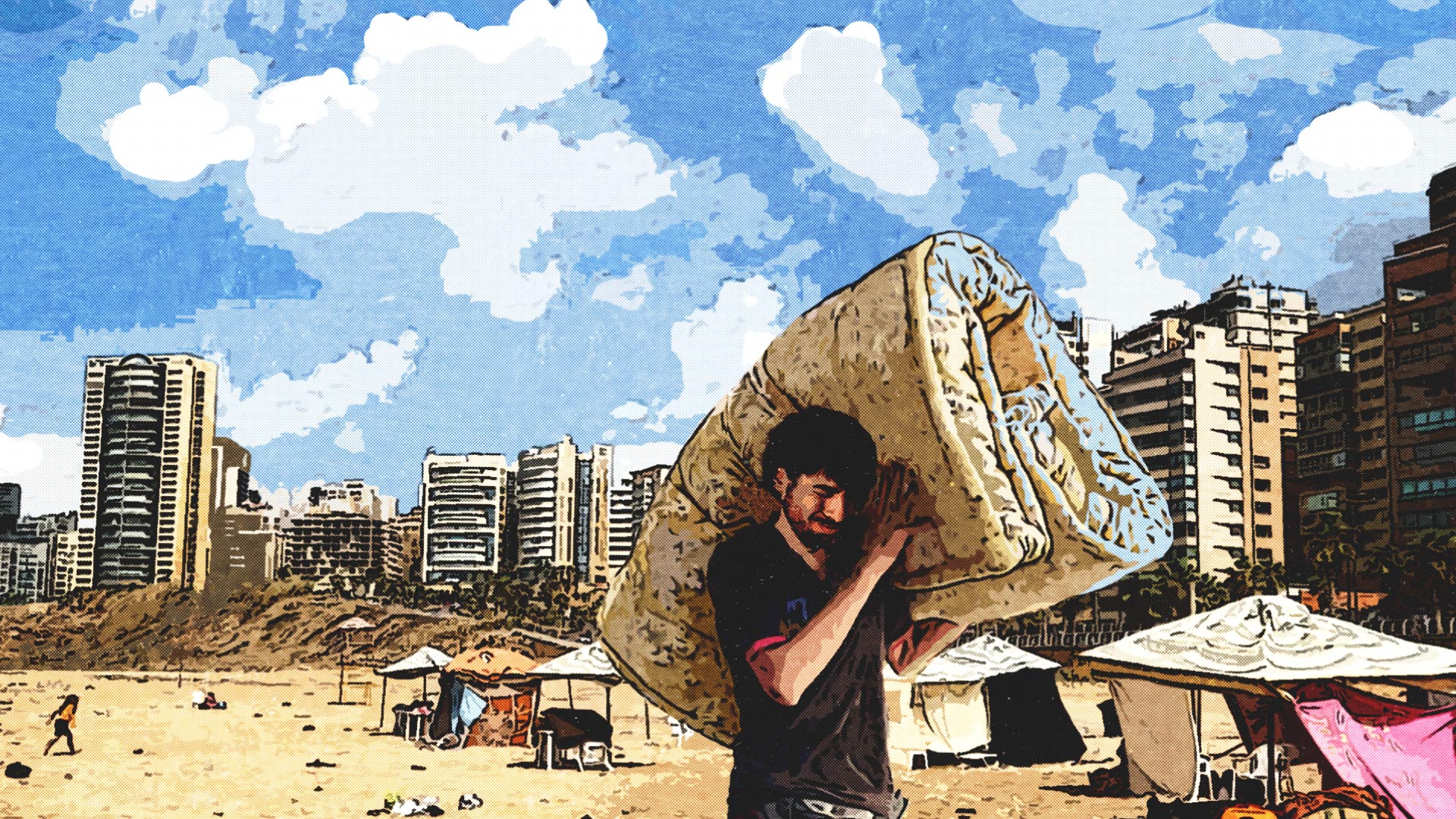
Israel’s war has triggered a housing crisis that risks Lebanon’s social stability
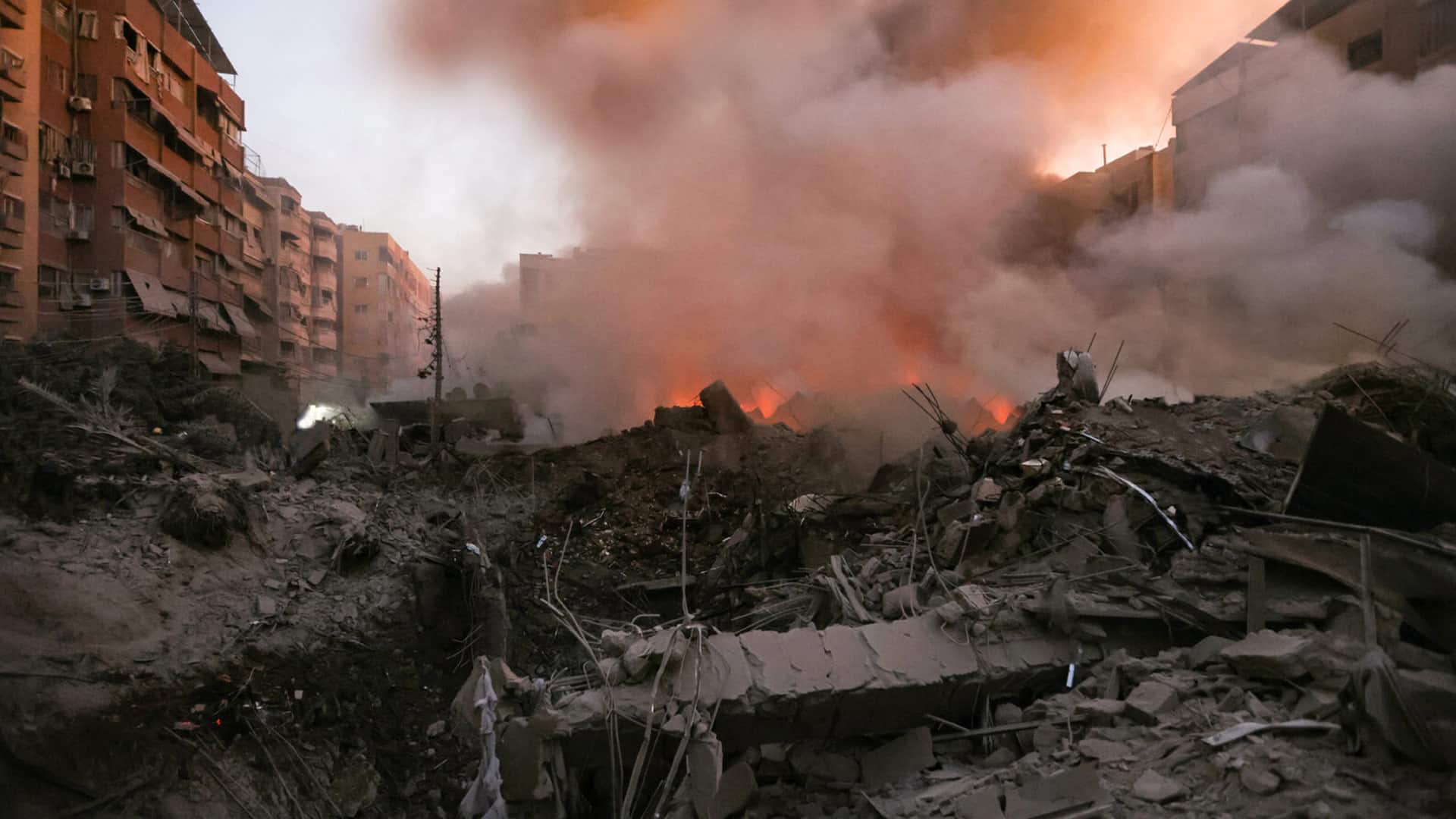
Amid Israeli onslaught, Lebanese policymakers must unite against worst-case outcomes
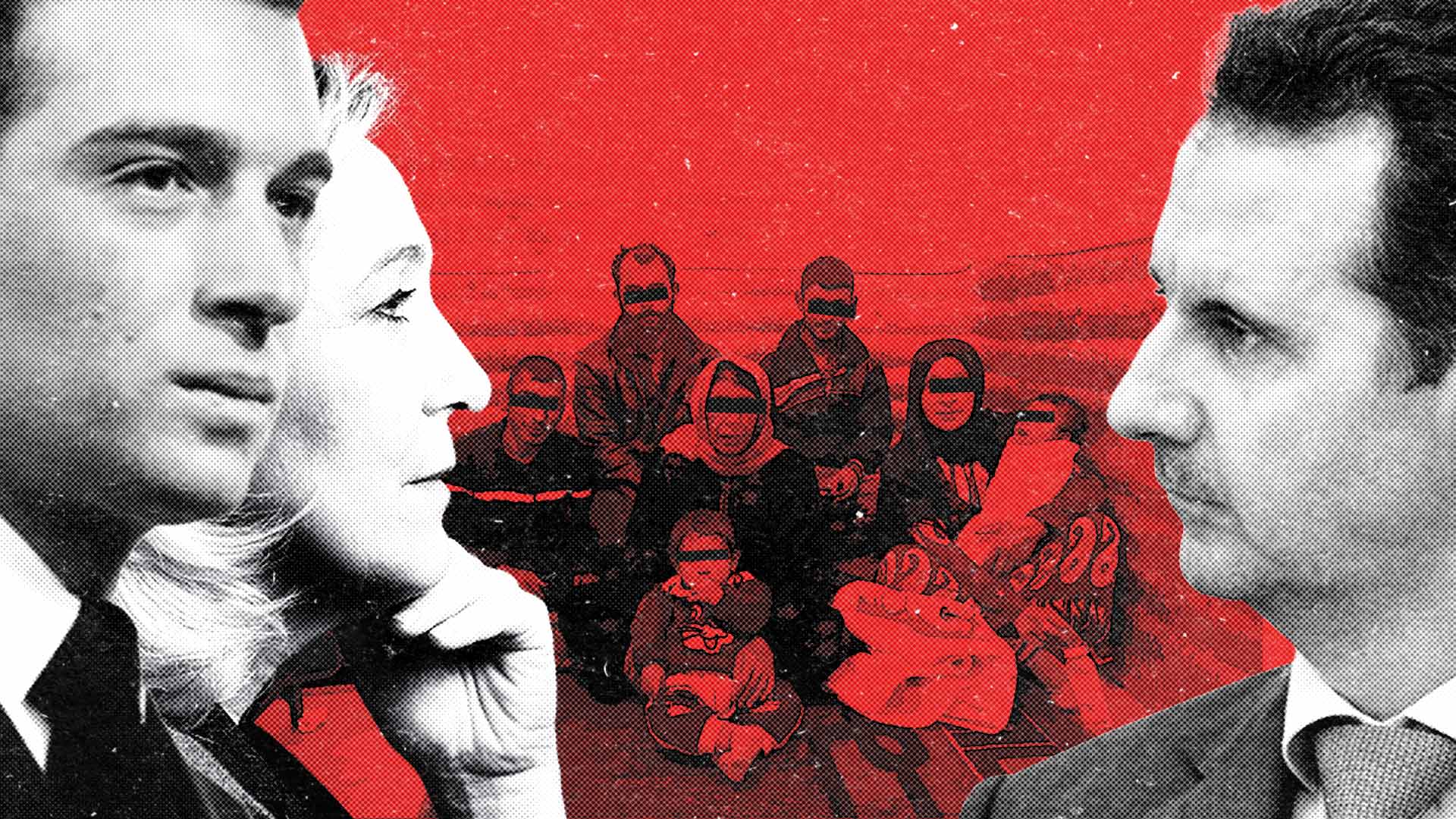
Anxiety grows in Syrian circles as the National Rally may attain prime minister post

The manner in which Brussels has meted out €1billion to Lebanon smacks of opportunism and a reward for flouting reforms

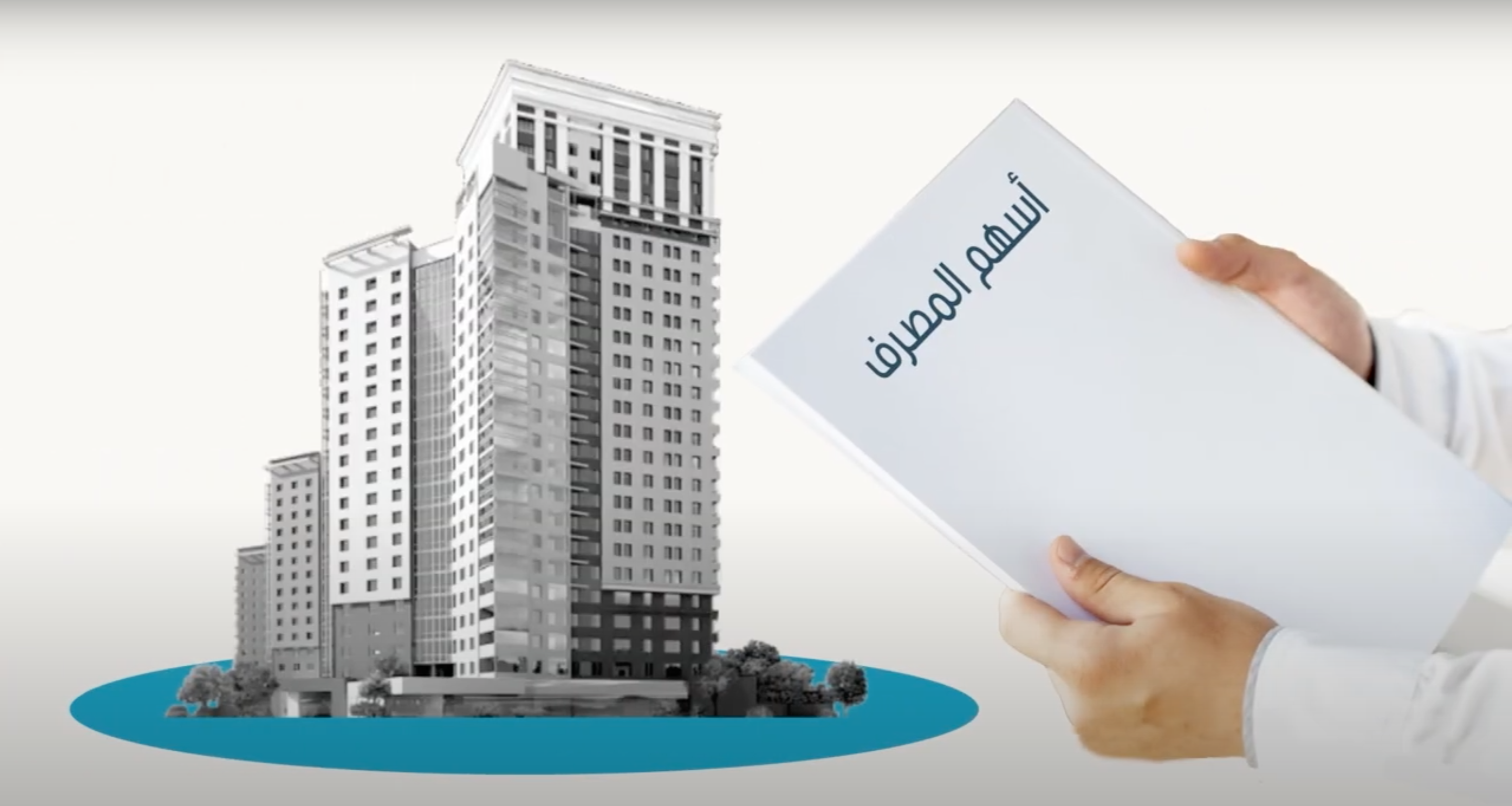

How the Party of God’s narrative has evolved, and what it means.

The Progressive Deposit Recovery Plan offers an opportunity for accountability and the redemption of the Lebanese people’s lifesavings.
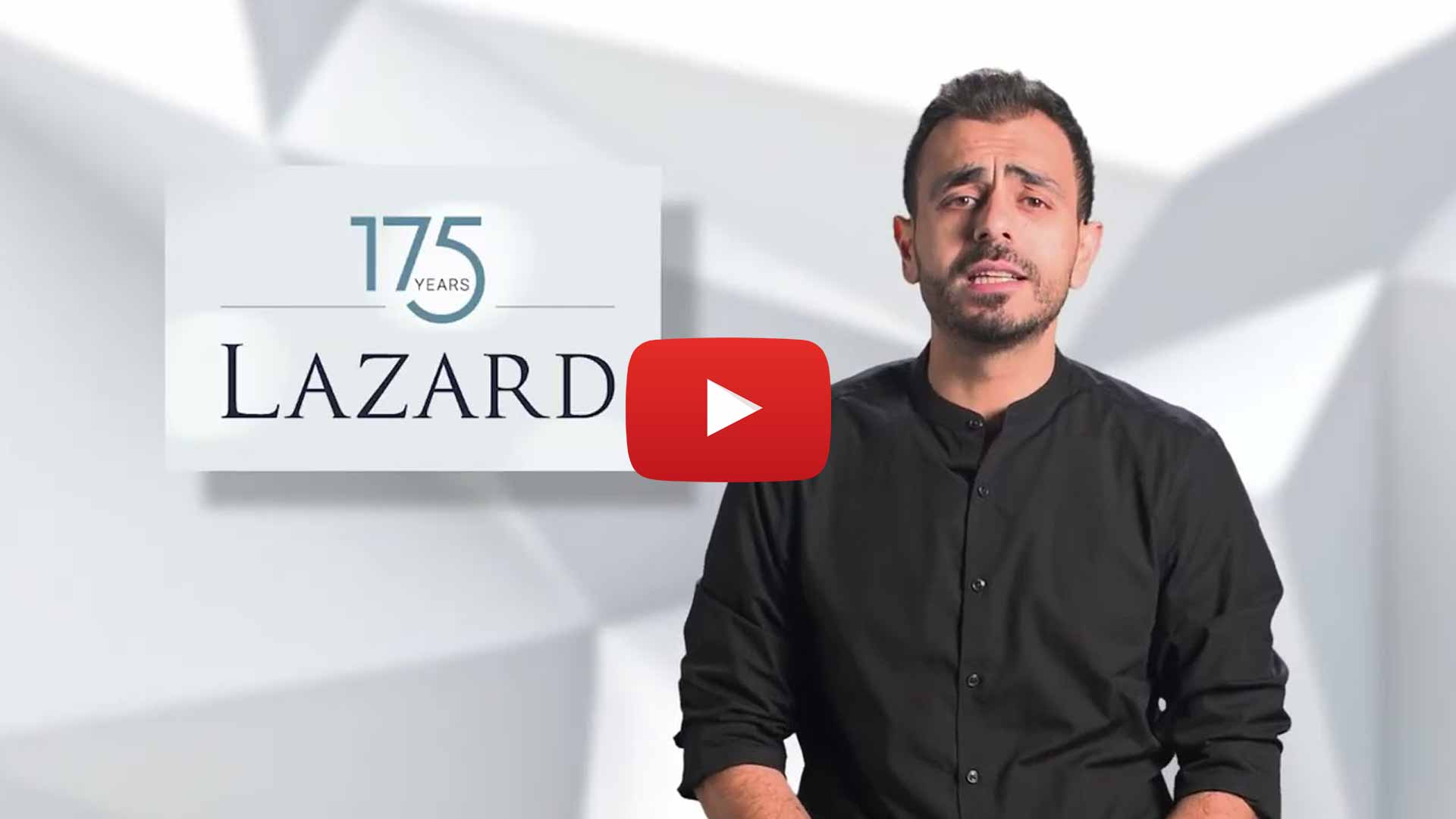

The Progressive Deposit Recovery Plan offers a lifeline for Lebanese depositors, aiming to recover and restore funds once deemed lost in the country’s financial turmoil.
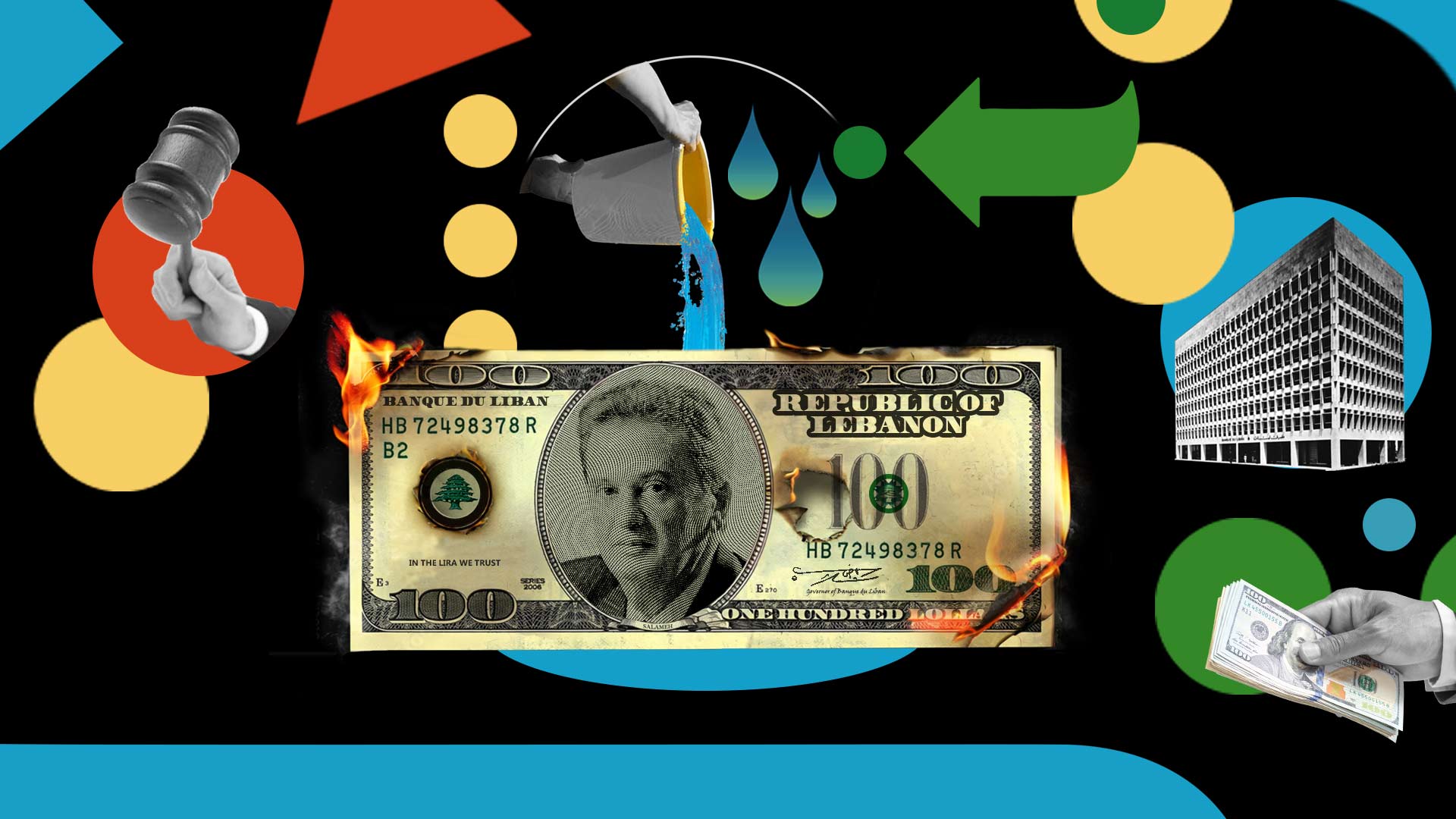
Reckless profiteering and the banking sector’s insolvency demand a bold deposit recovery plan to restore financial integrity in Lebanon.

Lebanon cannot afford a war with no end game, and neither can the world.

To restore stability and credibility, the government must reform the central bank’s governance, tighten fiscal policy, and ultimately execute a carefully managed float of the lira.
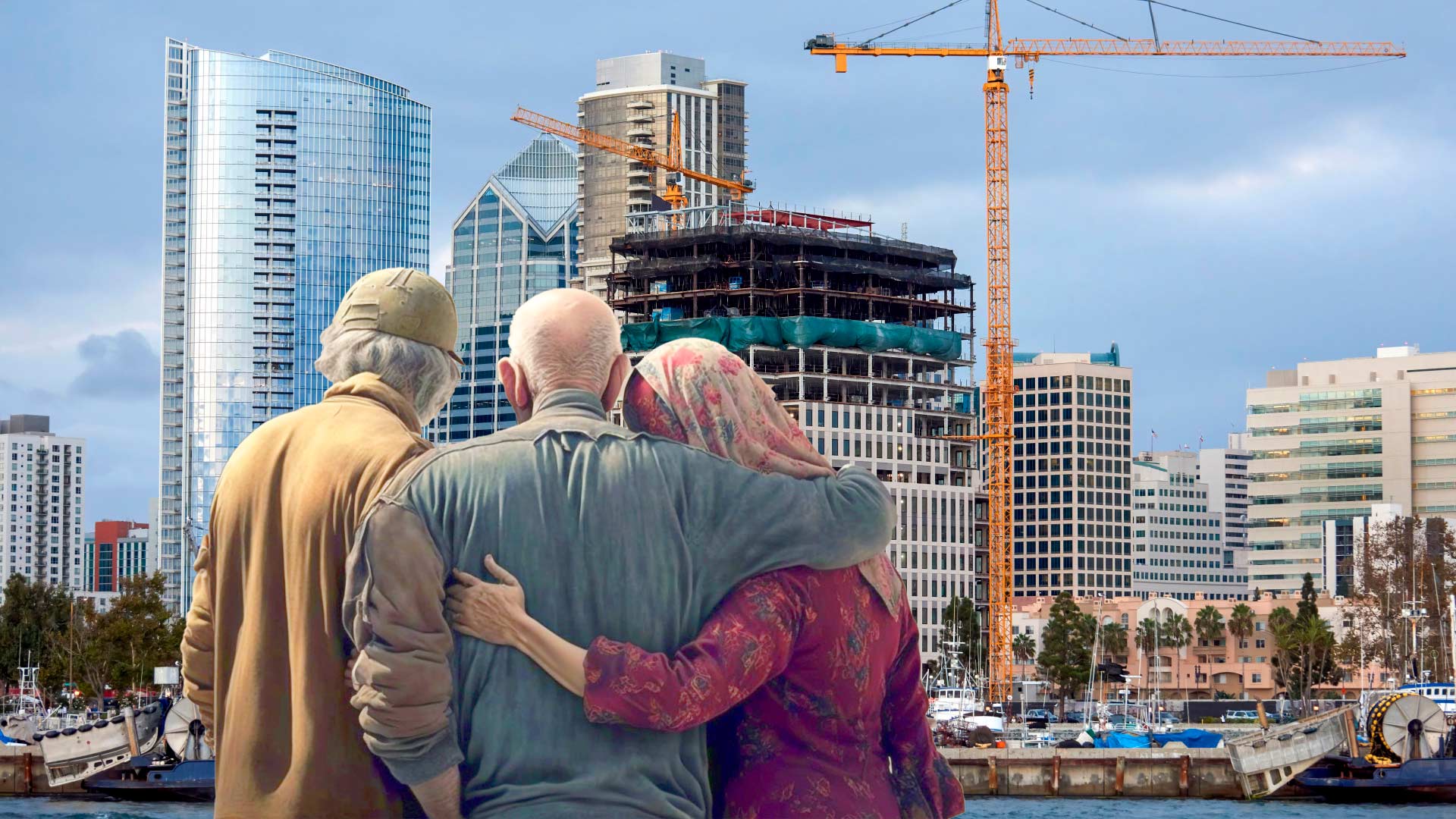
How decades of real estate ‘financialization’ have built a city few can afford to live in.
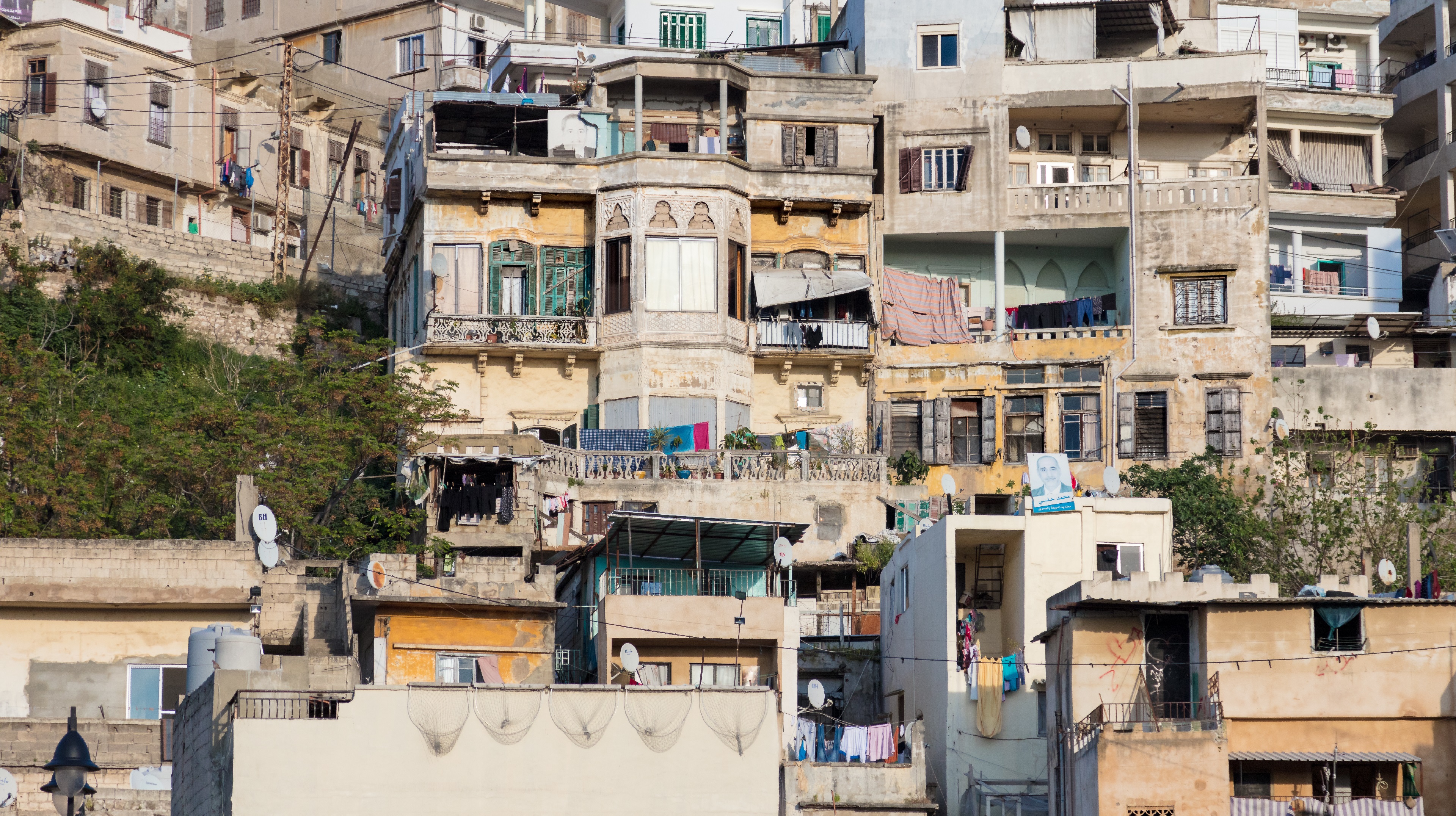
Social media enhances social connections on digital networks but has also facilitated the rapid dissemination of misinformation.
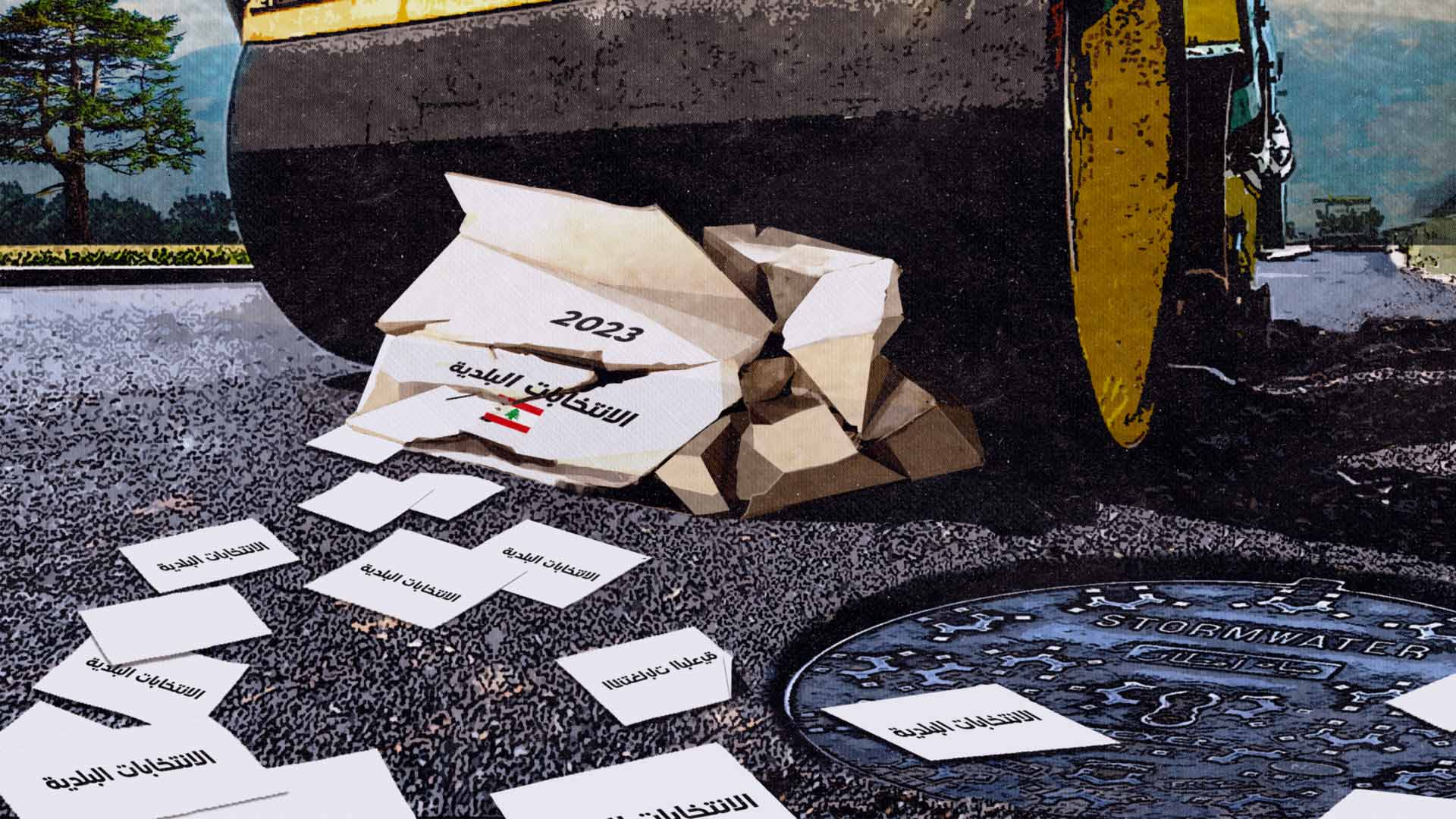
Municipalities’ can reshape development and service provision in lebanon, if freed to represent their communities.

How politicians corrupted the civil service, and why now is the time for change.

Since the beginning of Lebanon’s financial collapse in 2019, access to information has become more critical than ever.

Displaced doctors could provide relief amid health worker shortages
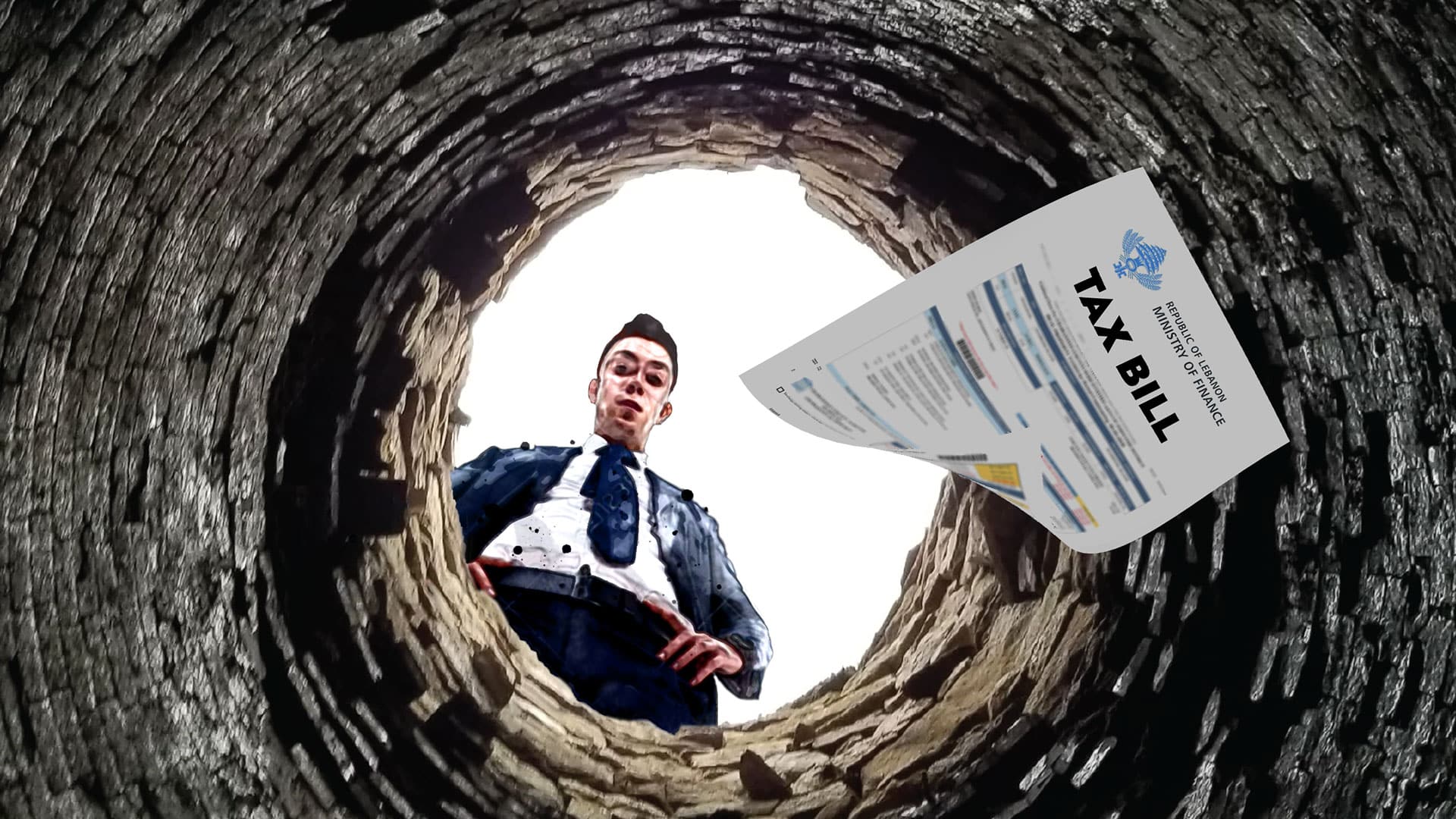
The government’s inequitable revenue structures can no longer afford to keep burdening the poor while giving a free pass to those with the means to pay their share of taxes.

As the Lebanese political establishment tries to shift blame for sea migrant deaths, EU pushbacks, blockades, and backroom deals place migrants in greater danger

A complete rethink of Lebanon’s education sector could turn crisis into opportunity

Millions promised in housing funding would leave most vulnerable behind

How economics, state and sectarian forces keep sexual freedom out of reach for most Lebanese.
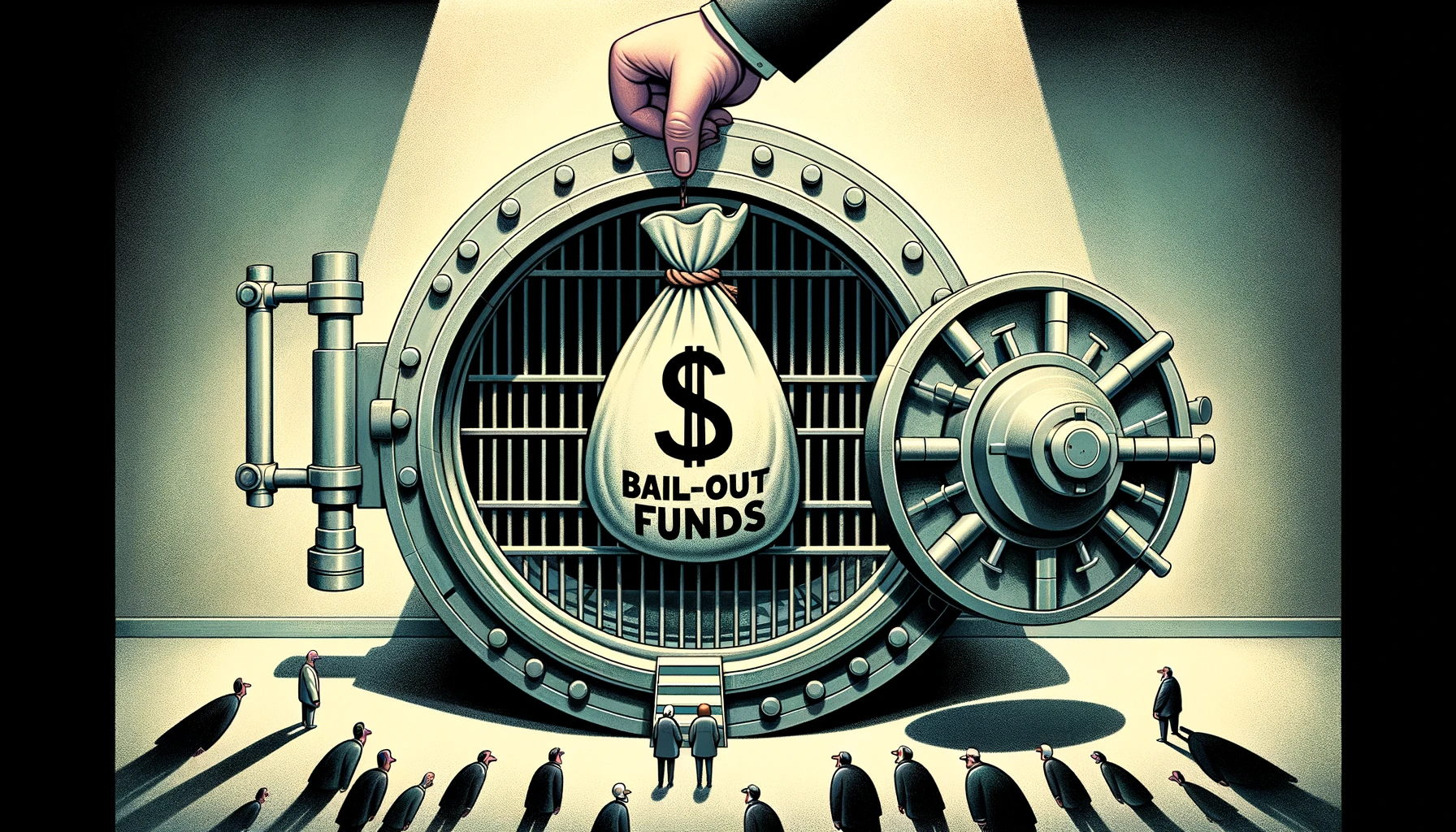
Lebanon must transition from a depositor-funded bail-out to a just bail-in, holding those responsible for the financial crisis accountable and ensuring fair loss distribution through international standards and local laws.
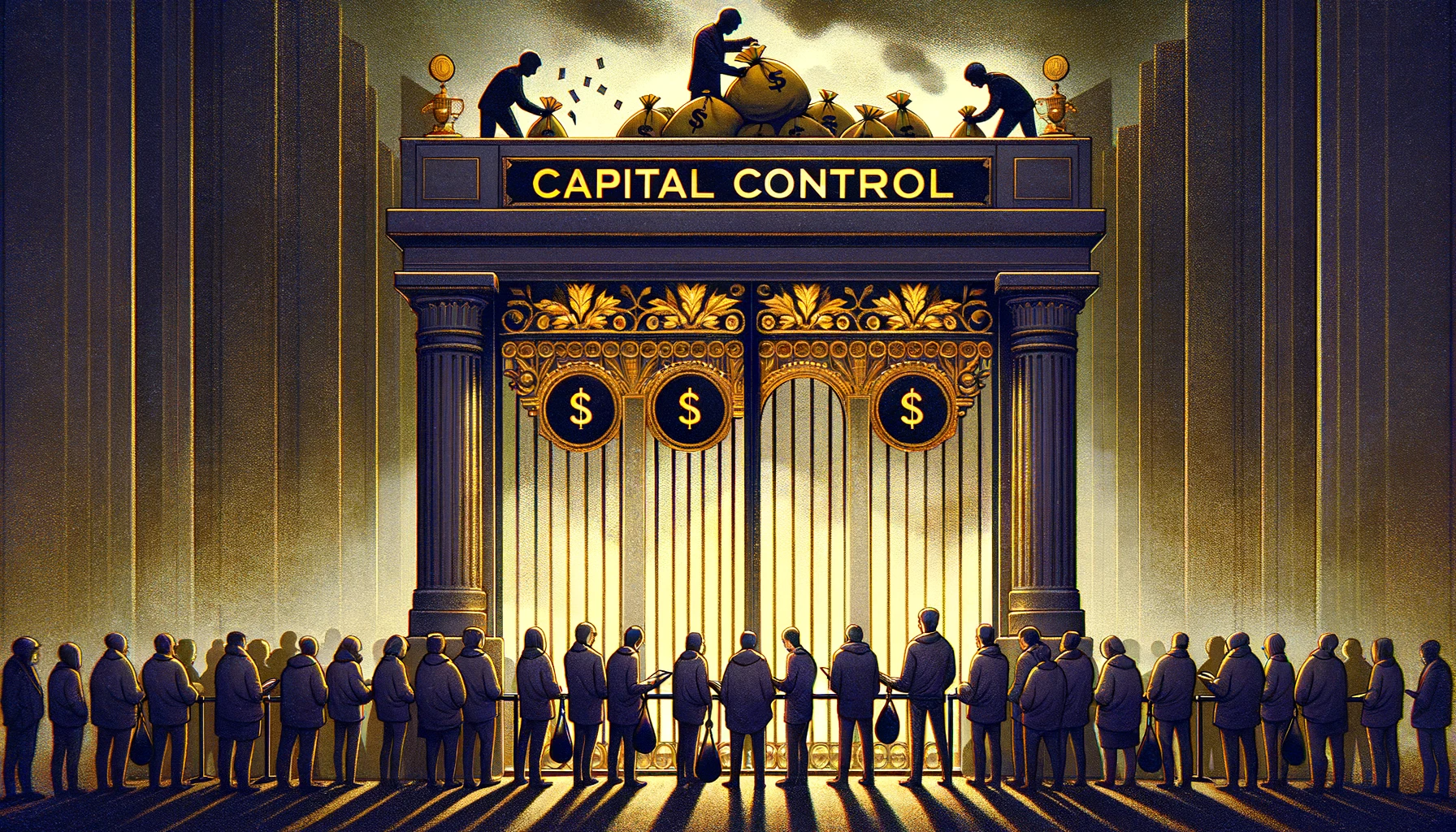
Lebanon’s capital control proposal risks entrenching financial corruption by granting banks undue amnesty and empowering a politically biased committee.
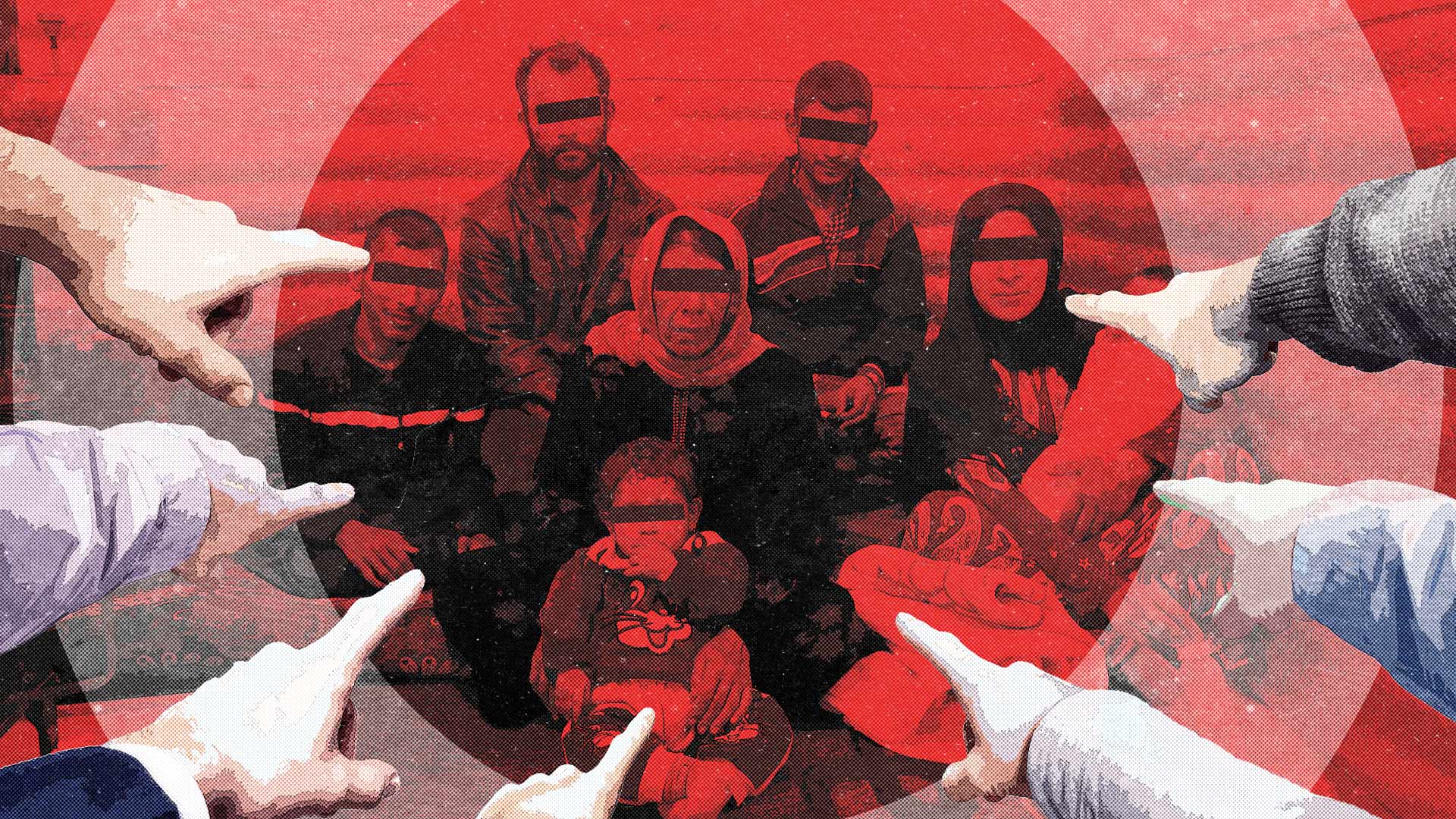
Tensions rise as Lebanon hypes non-existent “plan” to return 15,000 Syrians per month

Lebanese are being forced to live at risk in the name of private property
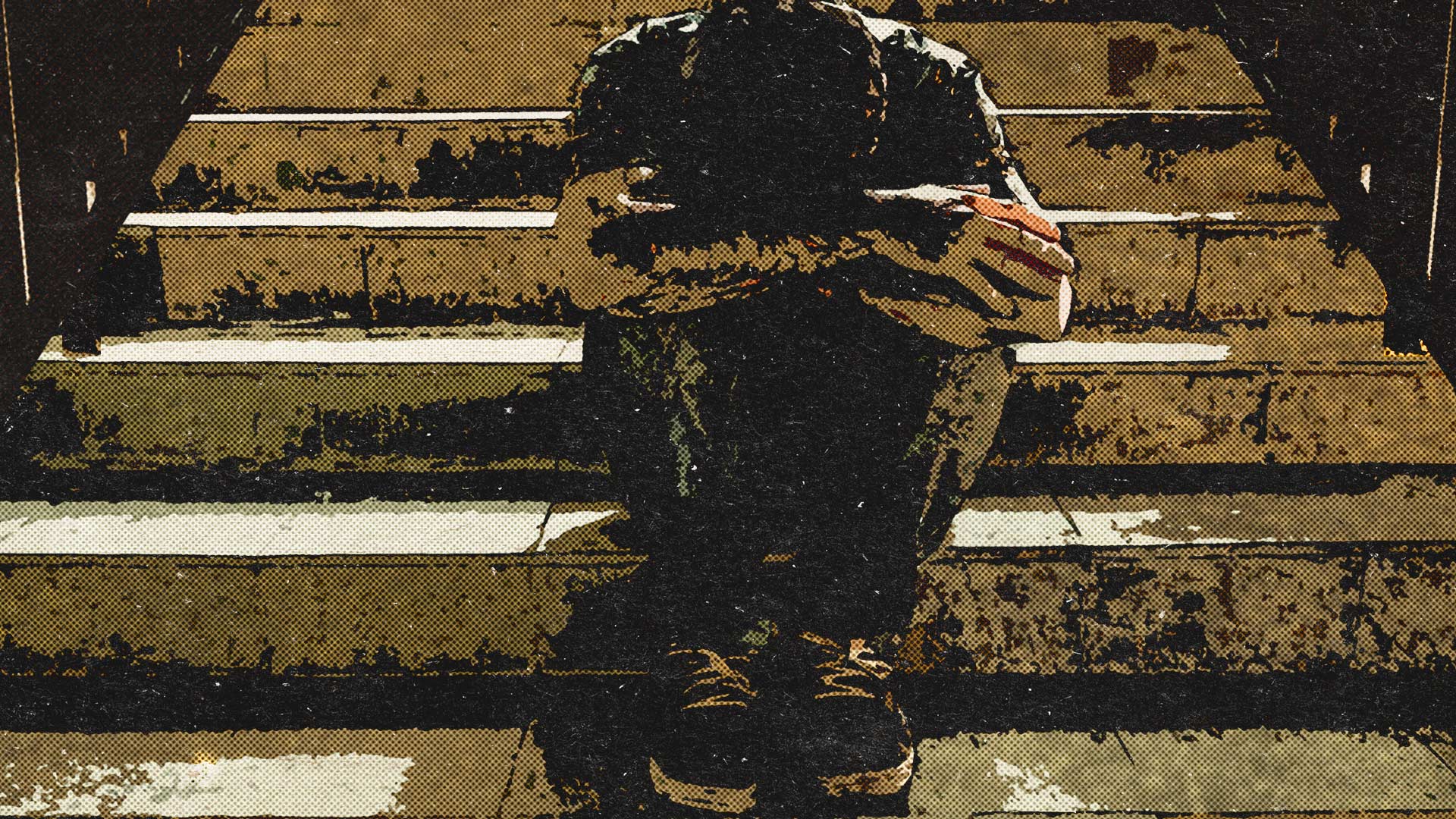
As mental health problems spike due to the economic crisis, the Beirut Port explosion, and the COVID-19 pandemic – to name but a few – psychiatrists and psychologists are leaving Lebanon in record numbers.

In light of Lebanon’s economic turmoil and pension crisis , how can we safeguard the retirement savings of Lebanese citizens?
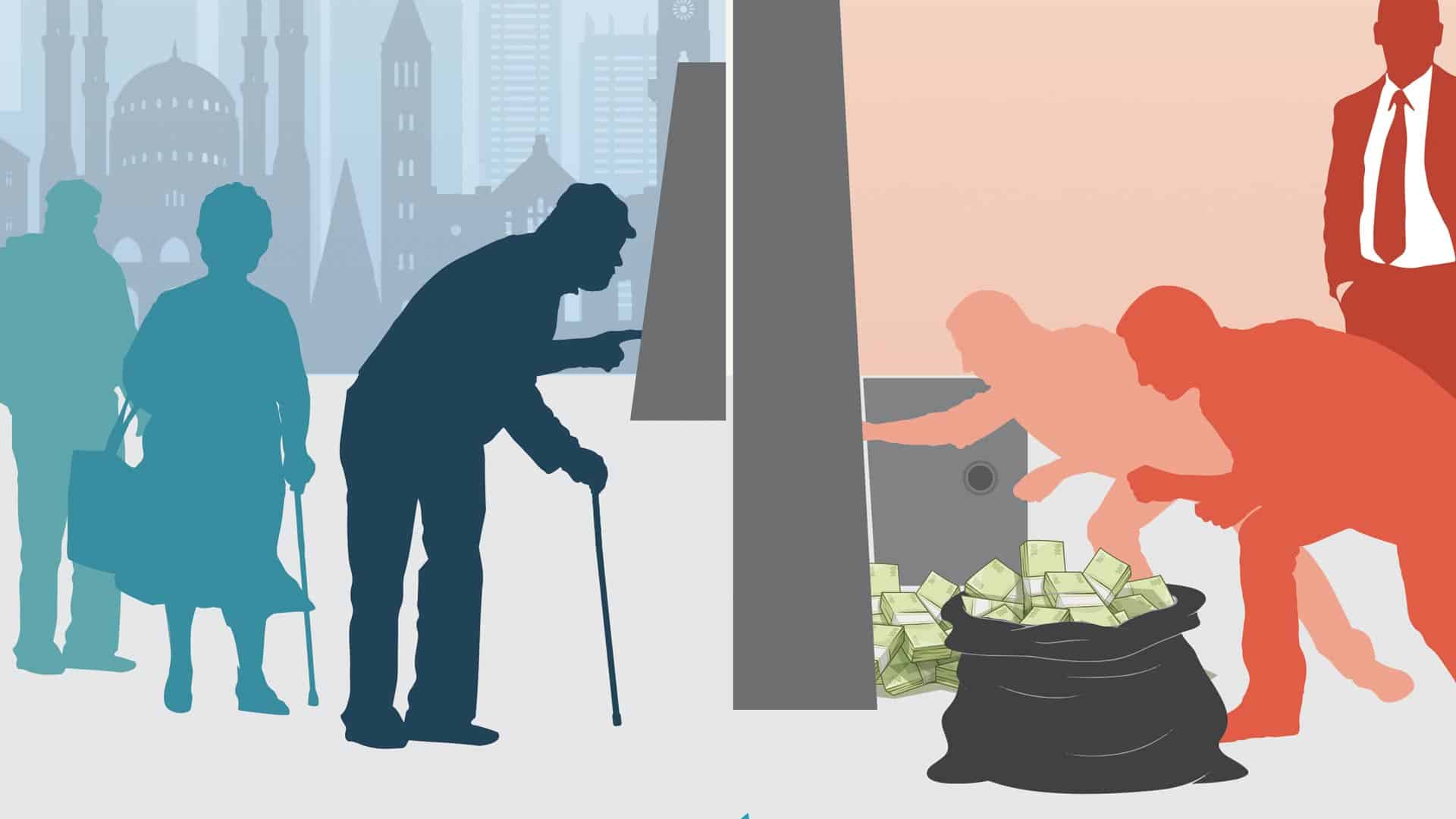
The urgent need to salvage and reform worker’s retirement schemes.

How farms and factories can make or break Lebanon’s future.

Exploring Lebanon’s socioeconomic frailties and policy solutions: Confronting rentier capitalism and crafting a fairer future.

Understanding Lebanon’s compromised judiciary, the challenges to judicial independence, and the impact on human rights, using two case studies: freedom from torture and the right to own property.
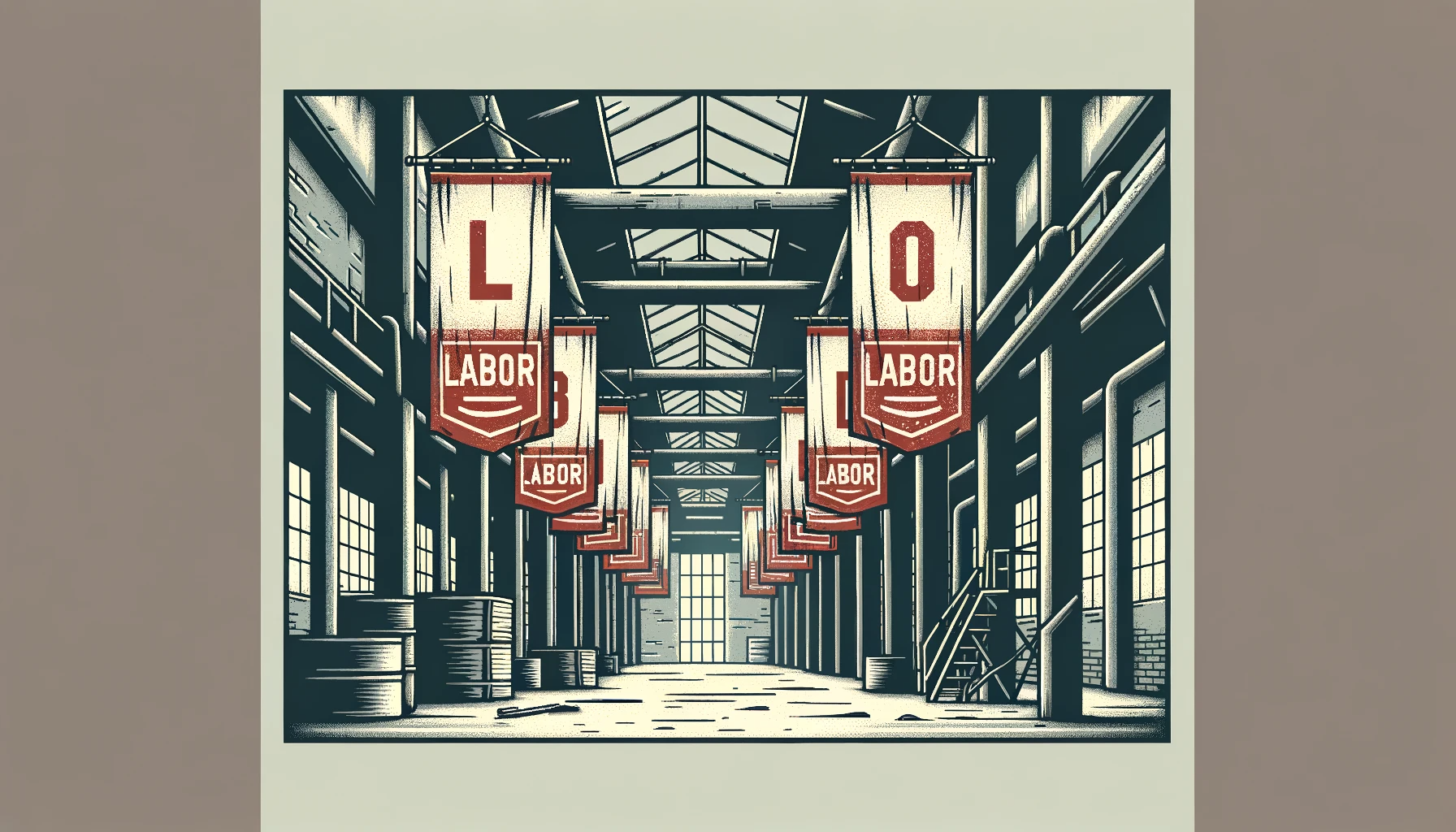
Navigating the legal restrictions and political co-optation of organized labor in Lebanon.
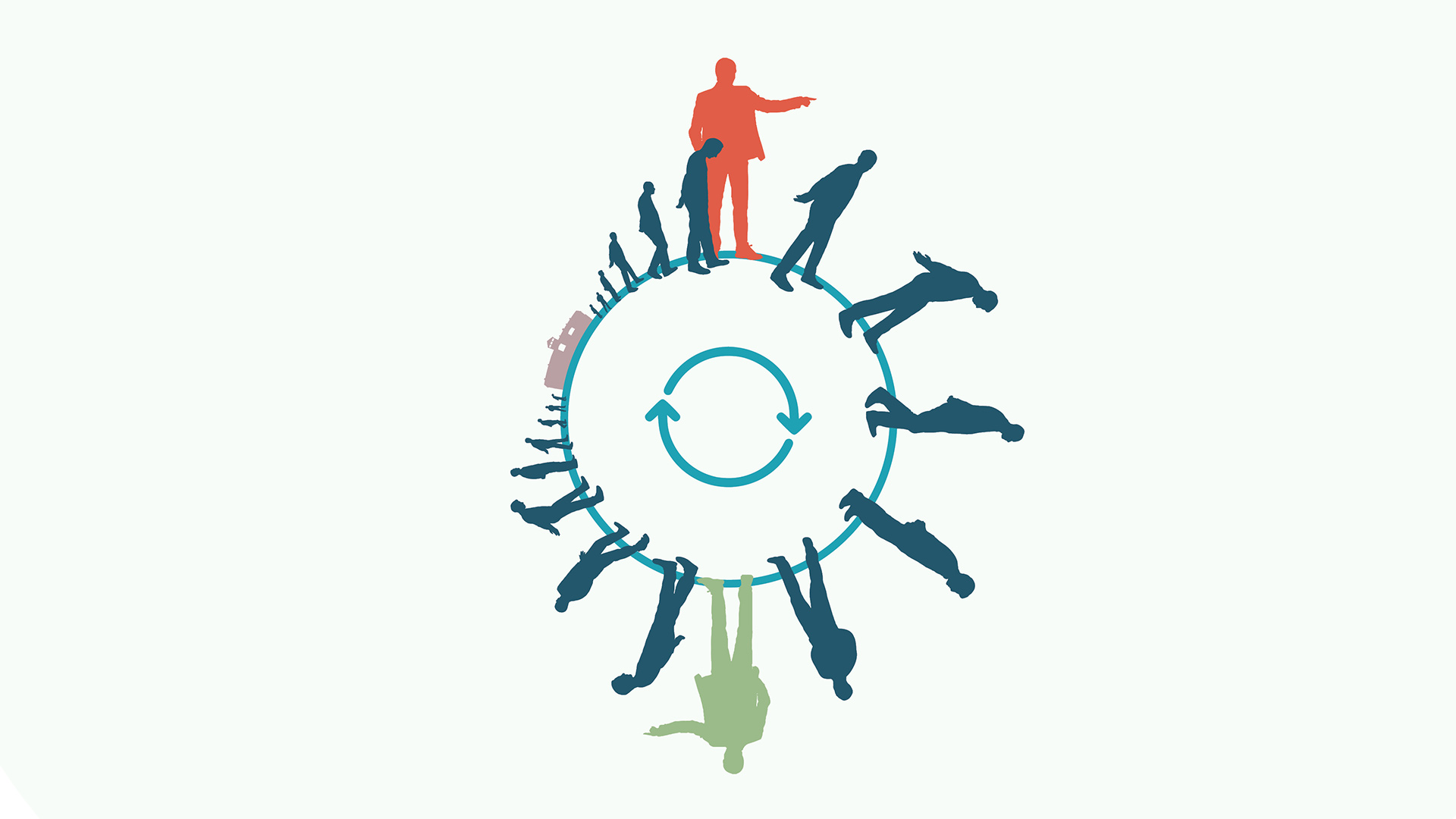
How Lebanon’s prisoners are abused and exploited as tools to perpetuate clientelism.
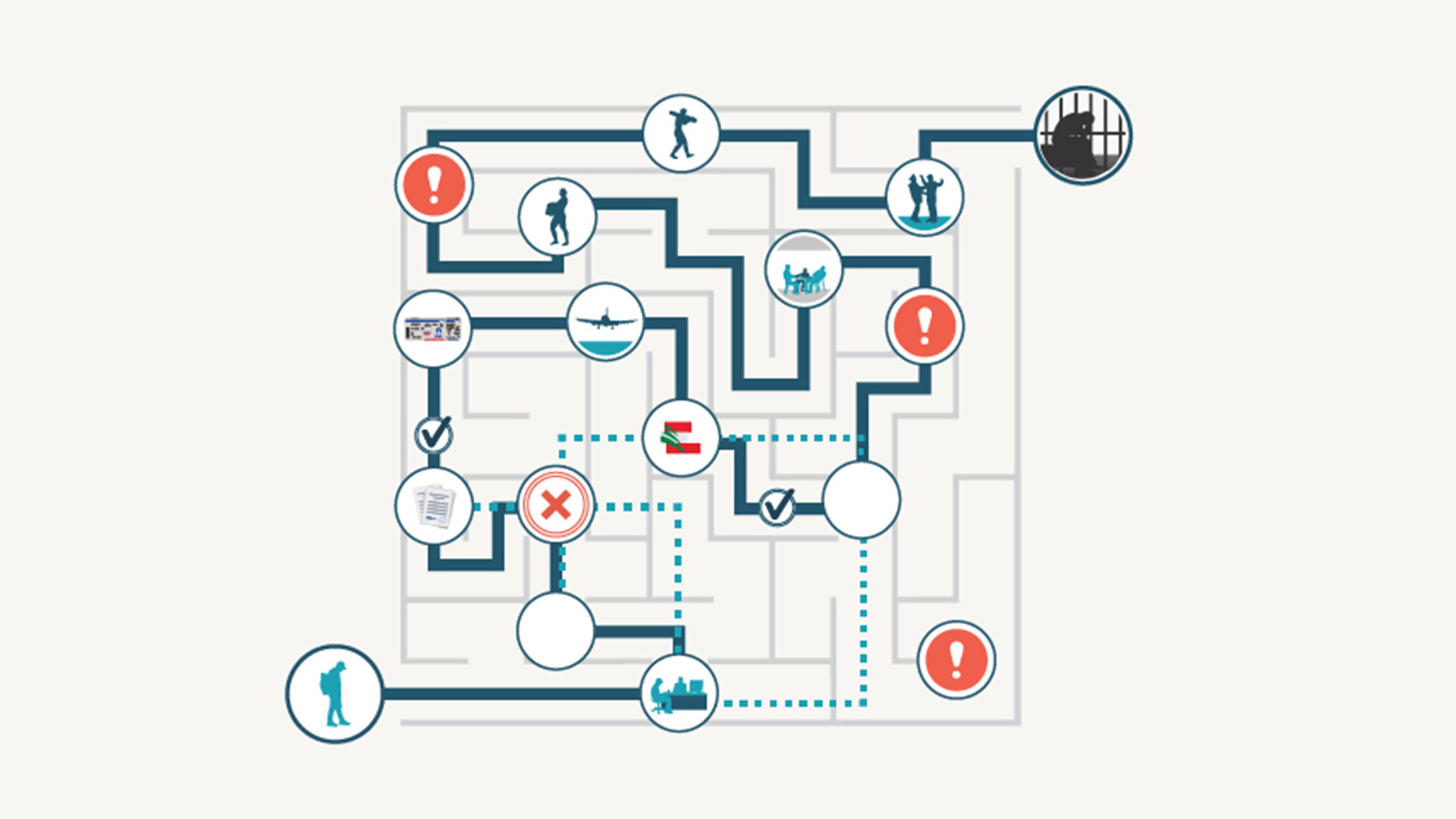
How and why Lebanon’s non-domestic migrant workers are trapped in a system of labour exploitation.

Lebanon’s short-sighted economy has chased profits for the few at the expense of the gener- al public, resulting in almost three quarters of wealth being owned by 10 percent of the population.
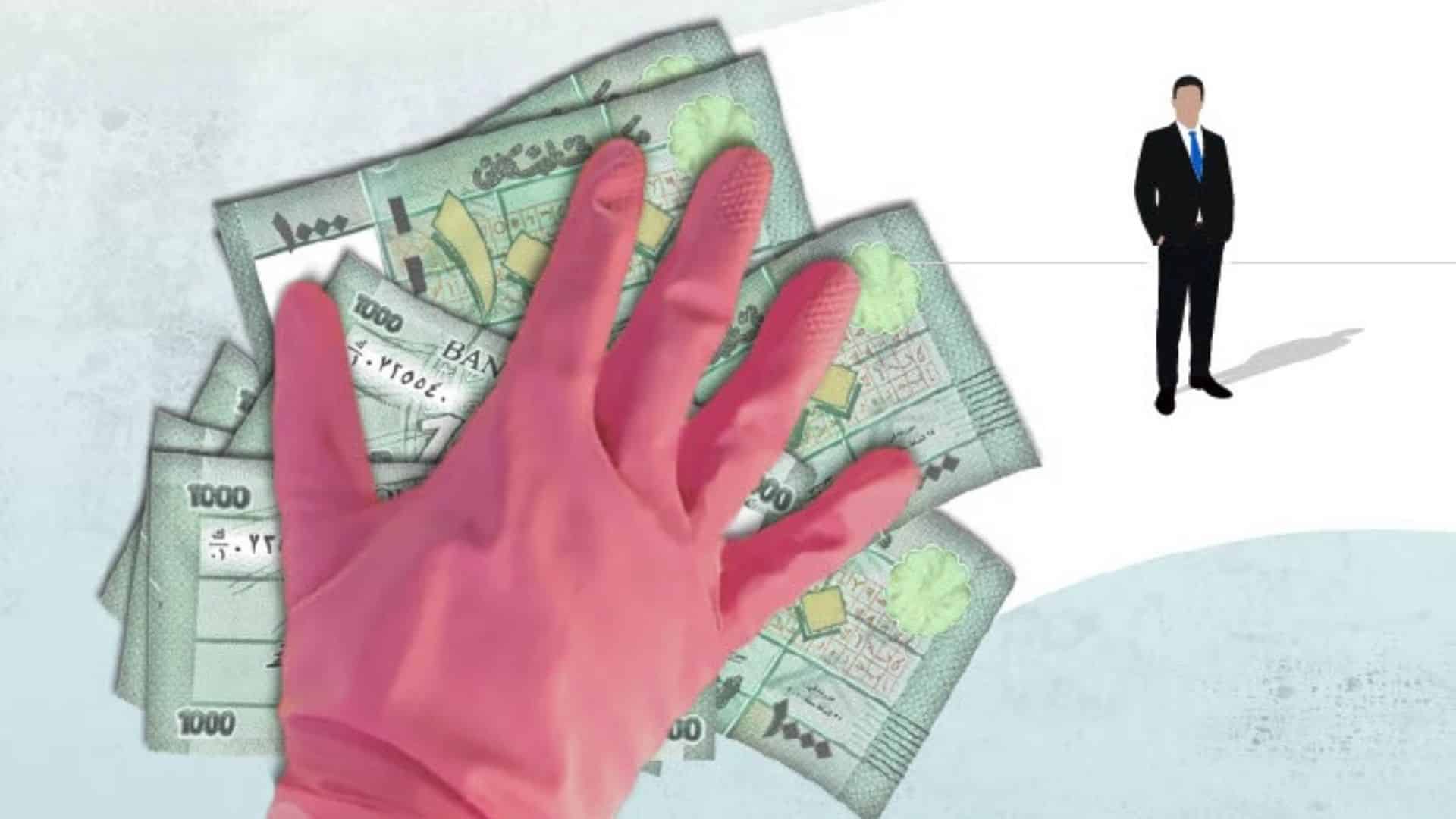
This special report investigates the economic interests served by Lebanese recruitment of foreign domestic workers, thousands of whom are hired every year.

How credit unions can bring more accountability to Lebanese finance.

The fight to prevent hunger amidst pandemic and recession.
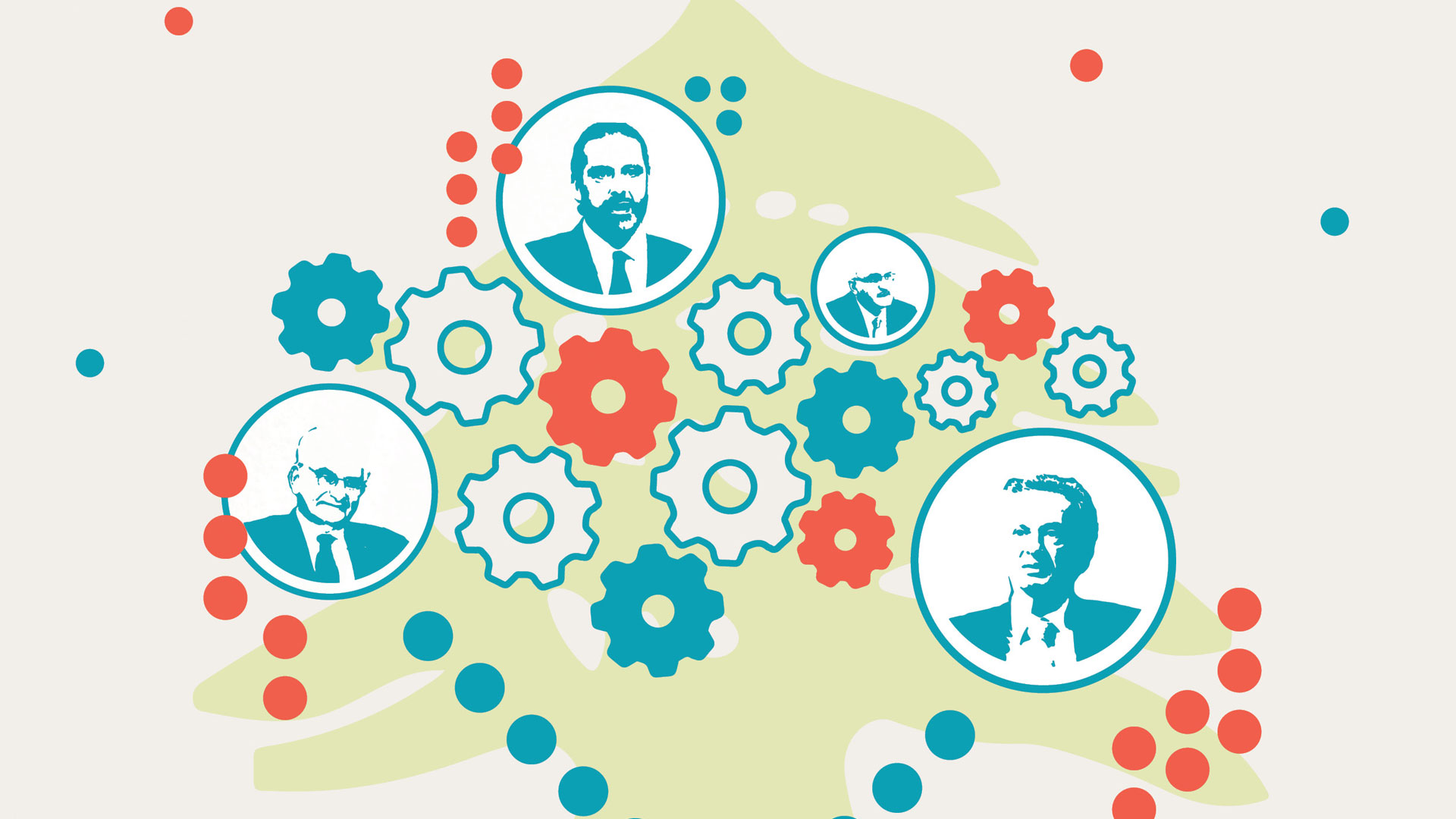
How Lebanon’s politicians and banks constructed a regulated ponzi scheme that ran the country’s economy into the ground.